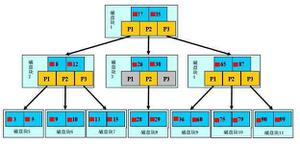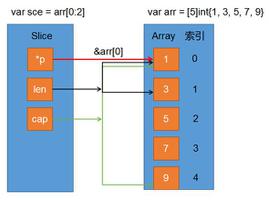如何在 Golang 中使用超时
当我们不想等待某些goroutine花费的时间比它们应该花费的时间更长时的输出时,超时起着重要的作用。需要注意的是,Go 直接不支持超时,但我们可以毫无困难地实现它们。
假设我们有一个案例,我们想从通道ch接收一些值,但我们不想等待超过 3 秒才能到达值。如果我们在所需的 3 秒后得到输出,那么我们希望丢弃它并打印不同的消息,而不是等待输出更长的时间。
示例 1
让我们首先探讨一个简单的案例,我们在较长时间后从函数中获取输出。
考虑下面显示的代码。
package mainimport (
"fmt"
"time"
)
func timeConsuming() string {
time.Sleep(5 * time.Second)
return "The timeConsuming() function has stopped"
}
func main() {
currentChannel := make(chan string, 1)
go func() {
text := timeConsuming()
currentChannel <- text
}()
select {
case res := <-currentChannel:
fmt.Println(res)
}
fmt.Println("主函数退出!")
}
在上面的代码中,我们有一个名为的函数timeConsuming(),它表示一个函数可能在更长或所需的时间段后返回特定值的情况。一个例子是一个 Web 请求,其中获取数据花费了太多时间并且用户感到沮丧。
在上面代码中的main函数中,我们有一个缓冲通道,然后我们在select 语句的帮助下等待数据到达。因此,在上述情况下,整个代码必须等到函数timeConsuming()完成其工作。
输出结果
如果我们使用go run main.go命令运行上面的代码,那么我们将得到以下输出。
The timeConsuming() function has stopped主函数退出!
示例 2
现在,让我们假设我们不想等待函数timeConsuming()完成执行。在这种情况下,我们可以使用时间包的After()功能。
语法
该After()函数的语法是,
func After(d Duration) −- chan Time
在后为函数等待d持续时间到结束,然后它会返回一个频道上的当前时间。
考虑下面显示的代码,其中我们使用After函数来注册超时。
package main输出结果import (
"fmt"
"time"
)
func timeConsuming() string {
time.Sleep(5 * time.Second)
return "The timeConsuming() function has stopped"
}
func main() {
currentChannel := make(chan string, 1)
go func() {
text := timeConsuming()
currentChannel <- text
}()
select {
case res := <-currentChannel:
fmt.Println(res)
case <-time.After(3 * time.Second):
fmt.Println("Out of time :(")
}
fmt.Println("主函数退出!")
}
如果我们使用go run main.go命令运行上面的代码,那么我们将得到以下输出。
Out of time :(主函数退出!
以上是 如何在 Golang 中使用超时 的全部内容, 来源链接: utcz.com/z/343701.html









